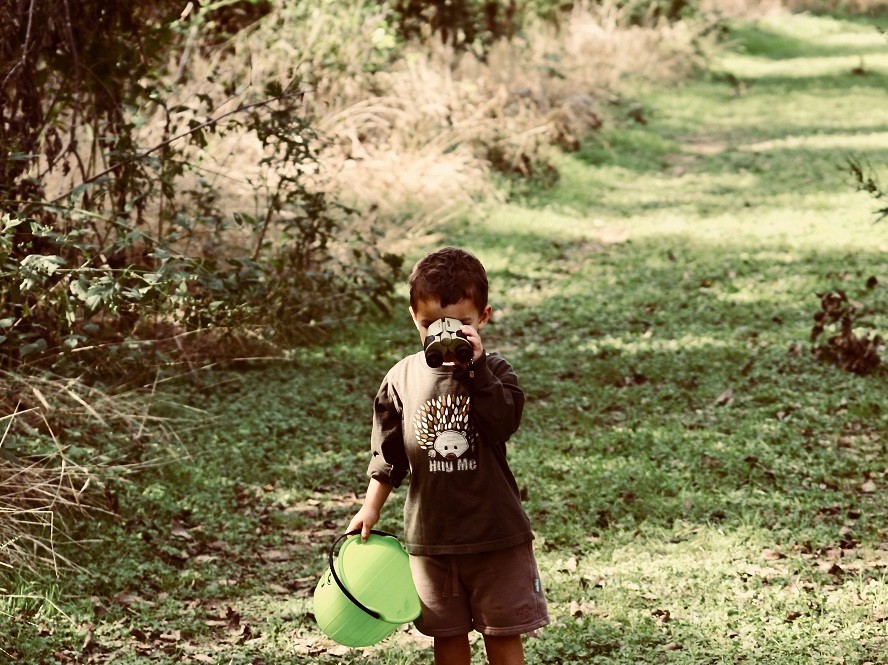How do we best capture the existing European Bioeconomy?
Now that a year has come and gone, the BioMonitor consortium sat down with the Scientific Advisory Board in Bratislava to recount its latest developments and share thoughts on how to proceed with the next steps. The BioMonitor project wishes to build an effective and robust data and modelling framework to policy makers, key industry players, customs and statistical officers. To meet the demands of an ambitious plan, the BioMonitor partners laid out their findings based on their respective tasks. Based on their reports, they all agreed on one thing: the European bioeconomy will continue expanding. What will the project cover? This was asked by everyone during the meeting. It may sound simple but defining the scope of the project has to account for the complexity or “entanglement” of one field into another as well as the priorities set out by the European Commission such as biodiversity. The consortium is deciding its priorities as this can reveal the sectors and streams the BioMonitor partners can focus their attention on, thereby also identifying the indicators and the data gaps that come along with them. How reliable are existing data and methodologies? The BioMonitor project will be building a robust model in order to provide a comprehensive overview of the European bioeconomy landscape. To do that, two factors need to be considered: data and methodologies. Both their reliability in terms of sources and execution process are regularly being questioned as these heavily influence the outcome of the BioMonitor toolbox. It was decided during the meeting that an in-depth analysis and evaluation of both data and methodologies has to take place to assure stakeholders what is at stake when building policies in relation to the European bioeconomy. How do we build trust? Each Member State has its own way of dealing with things, including data collection and processing and policy making. During the meeting, some BioMonitor partners raised concerns about their struggle to access the data from selected countries. The lack of trust, conformity and homogeneity among national statistical offices may pose as a risk for the BioMonitor project’s success. To address this issue, the BioMonitor team will focus their energy on building stakeholders’ trust and engagement with the project through communication. This is underway as some partners have been invited to speak with stakeholders and plan on providing trainings as a way to adapt BioMonitor’s toolbox to the stakeholders’ regimen. 2019 ICABR International Conference While some of the BioMonitor partners visited the bio-ethanol plant ENVIRAL, which is situated close by Bratislava, other representatives of the consortium attended the 2019 ICABR International Conference in Ravello (Italy). Its theme on “Regulation and Finance of Innovations for a Sustainable Economy” is in line with the project’s objectives, therefore making it a great opportunity for the BioMonitor representatives to present their findings. Robert M’barek (EU-JRC), Hans van Meijl (WUR) and BioMonitor project coordinator Justus Wesseler (WUR) organised a panel session and looked at the challenges faced by the current European Bioeconomy strategy in terms of the latest know-how on knowledge and monitoring and how the BioMonitor project will resolve them. They did not only feature the data needs and sources, tools employed and the different spatial and time scales but also mentioned the different challenges which were raised during the project meeting in Bratislava. Read the full press release: http://biomonitor.eu/news/how-do-we-best-capture-the-existing-european-bioeconomy/(opens in new window)



